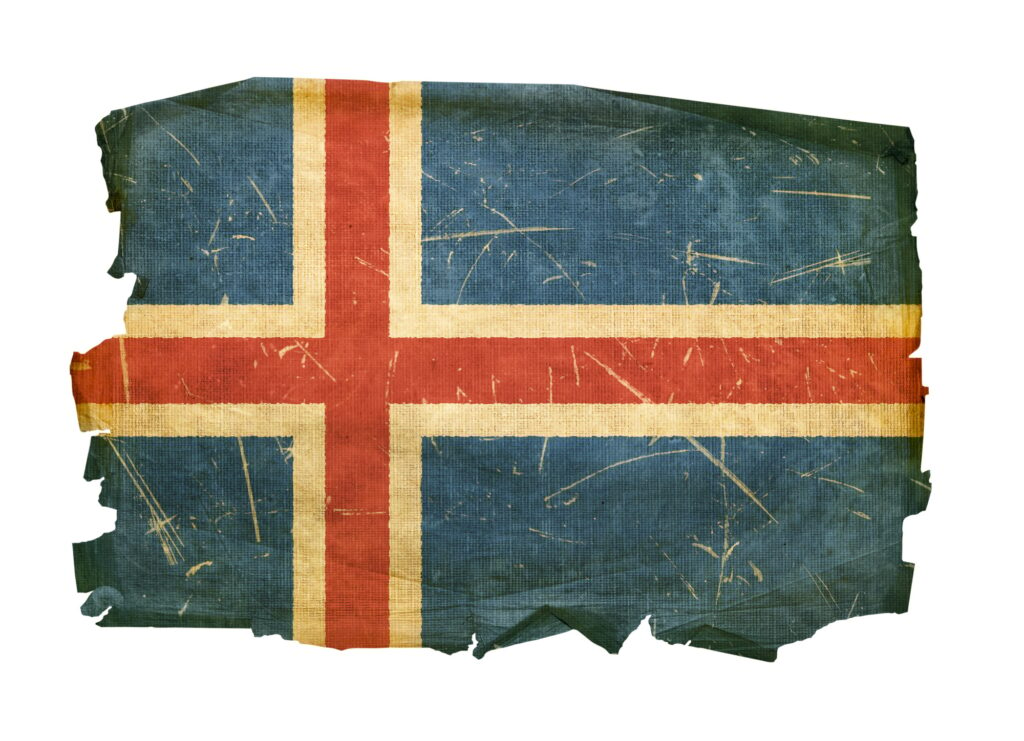Key Takeaways
- Iceland’s new government plans to hold a referendum on EU membership by 2027.
- The initiative reflects Iceland’s shift toward closer integration with Europe after years of hesitation.
- A dedicated expert panel will analyze the economic impact of adopting the euro versus keeping the Icelandic krona.
- Iceland’s history with the EU includes a halted membership application in 2013, but strong economic ties have remained.
- The referendum aims to reflect the Icelandic people’s stance on integration while ensuring informed decision-making.
Iceland, a nation renowned for its strong national identity and economic independence, is once again considering a monumental step toward the European Union. The newly formed government under Prime Minister Kristrún Frostadóttir has made it clear: a referendum on EU membership will take place no later than 2027. This decision marks a pivotal moment in Iceland’s modern history.
Renewed Momentum Toward the EU
This development comes after years of deliberation and debate. While Iceland had submitted an EU membership application back in 2009, the negotiations were put on hold in 2013 amid political shifts and public skepticism. Since then, Iceland has remained outside the EU but has benefited from its participation in the European Economic Area (EEA), granting it access to the single market without full membership obligations.
The new government’s decision to revive the topic reflects a broader re-evaluation of Iceland’s role in Europe. The country has faced challenges, such as the fallout from the 2008 financial crisis, that highlighted vulnerabilities in its independent currency system and economic infrastructure. These events have reignited discussions about whether EU membership could provide the stability and opportunities Iceland seeks.
The Role of a Referendum
Foreign Minister Þorgerður Katrín Gunnarsdóttir has emphasized that this decision must rest with the Icelandic people. To prepare for the referendum, the government plans to set up an expert panel to analyze the implications of joining the EU. A key focus of this panel will be to examine the economic consequences of adopting the euro versus maintaining the Icelandic krona.
The debate around currency is particularly sensitive. Iceland’s national currency has long been a symbol of sovereignty but has also been a source of economic instability during global market downturns. Switching to the euro could bring stability but would mean ceding some financial autonomy to EU institutions.
Public Awareness and Open Dialogue
For Icelanders, this referendum represents not just a policy decision but a choice about the nation’s future identity. The government has pledged to ensure that citizens are well-informed about the stakes involved. This includes transparent discussions about the benefits and drawbacks of membership, from trade access and economic resilience to regulatory constraints and loss of independent policy-making.
The outcome of the referendum could redefine Iceland’s global role. While membership might offer economic advantages and stronger alliances, it would also require significant adjustments to meet EU standards on governance, environmental policies, and labor laws.
Looking Ahead
As the clock ticks toward 2027, the Icelandic government faces the dual challenge of preparing for a complex decision and managing public expectations. In my opinion, this step toward a referendum reflects Iceland’s willingness to embrace change while staying true to its democratic principles. By involving the people directly, the government ensures that the decision—whatever it may be—will have the full weight of public legitimacy.
Iceland’s journey toward the EU is far from guaranteed, but the renewed discussions signal a nation ready to consider its place in an increasingly interconnected world. The next few years will be crucial in shaping the narrative and outcome of this historic decision.










